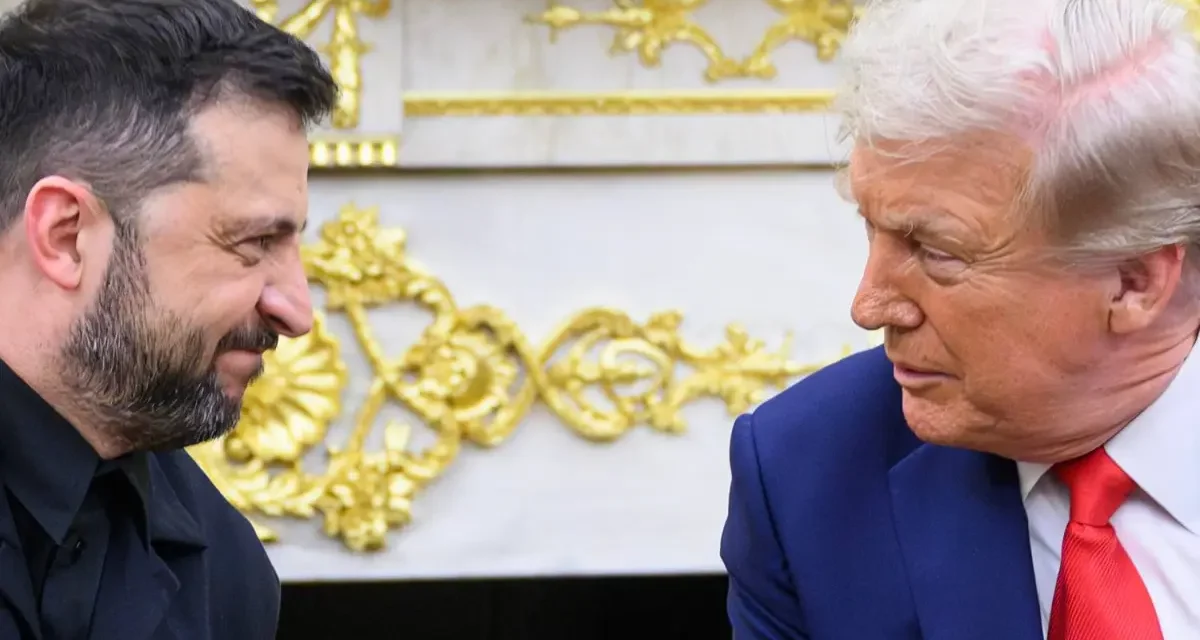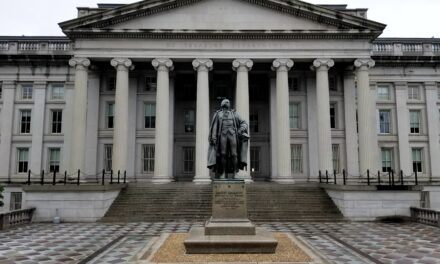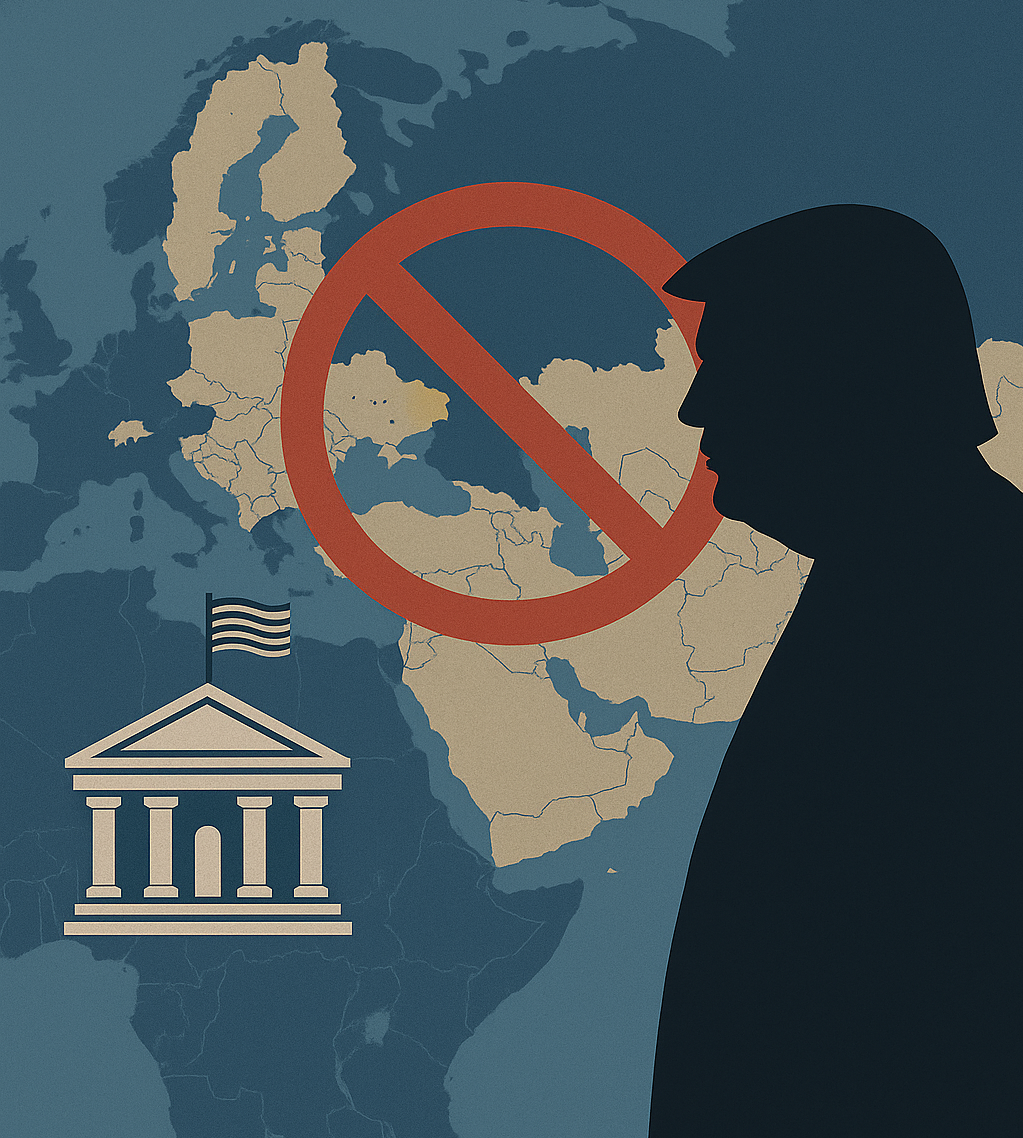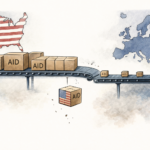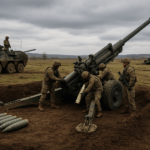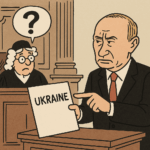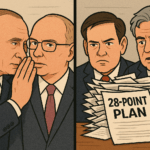On 1 May 2025, the Trump administration quietly notified Congress that it had certified a license for “$50 million or more” in defense articles, technical data, and defense services to Ukraine via Direct Commercial Sales (DCS)—its first explicit arms-export approval for Kyiv since returning to office. The step arrives after months in which the White House paused or strictly reviewed Ukraine-related security assistance, marking a limited but notable thaw in U.S. policy. Congressional records and media reporting indicate the notice went to the Senate Foreign Relations Committee under authorities in the Arms Export Control Act. While the license does not specify items, the certification threshold and inclusion of “defense services” signal room for equipment, support, and know-how transfers negotiated directly between Ukrainian buyers and U.S. industry, subject to State Department approval. Analysts note that DCS transactions are less visible than government-to-government Foreign Military Sales, yet still require congressional oversight at set dollar thresholds. The move also lands against a complex backdrop: prior packages had left over $1 billion in DCS-eligible weapons approved under the previous administration, even as the new White House attempted to leverage aid as part of its stated push for ceasefire talks. Expert commentary frames this license as restoring some U.S. leverage with both Kyiv and Moscow by demonstrating that Washington can still modulate the military assistance tap—even if at a narrower scale than Ukraine seeks. That demand signal remains high: President Volodymyr Zelenskyy recently said Ukraine was prepared to buy 10 Patriot air-defense systems for roughly $15 billion and even sought licensing for local production—requests met with skepticism in Washington, where President Trump publicly dismissed Kyiv’s push and blamed Ukraine for “starting” a war it could not win. In that light, the $50 million DCS approval reads as calibrated: it preserves negotiating leverage and signals continuity in security ties without committing to the multi-billion-dollar air-defense and deep-strike capabilities Ukraine argues it needs to blunt Russia’s air and missile campaign. Whether this partial reopening grows into a broader pipeline will hinge on how the administration balances ceasefire diplomacy with the battlefield realities that continue to shape Kyiv’s requirements.
U.S. Certifies First $50M Direct Arms Sale to Ukraine Under Trump
